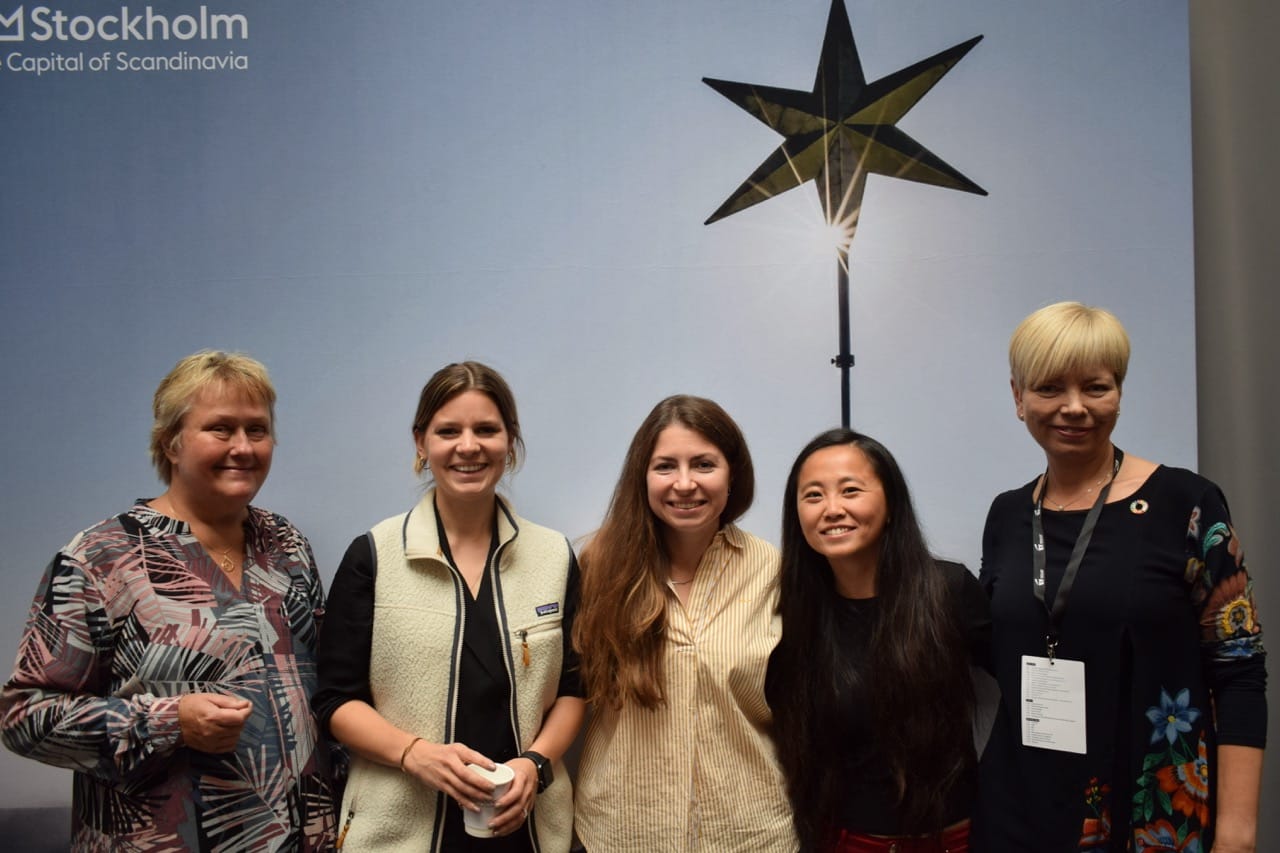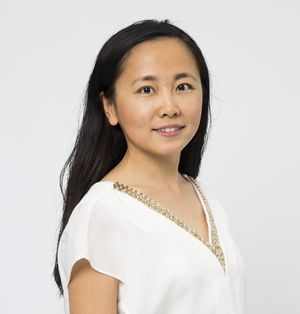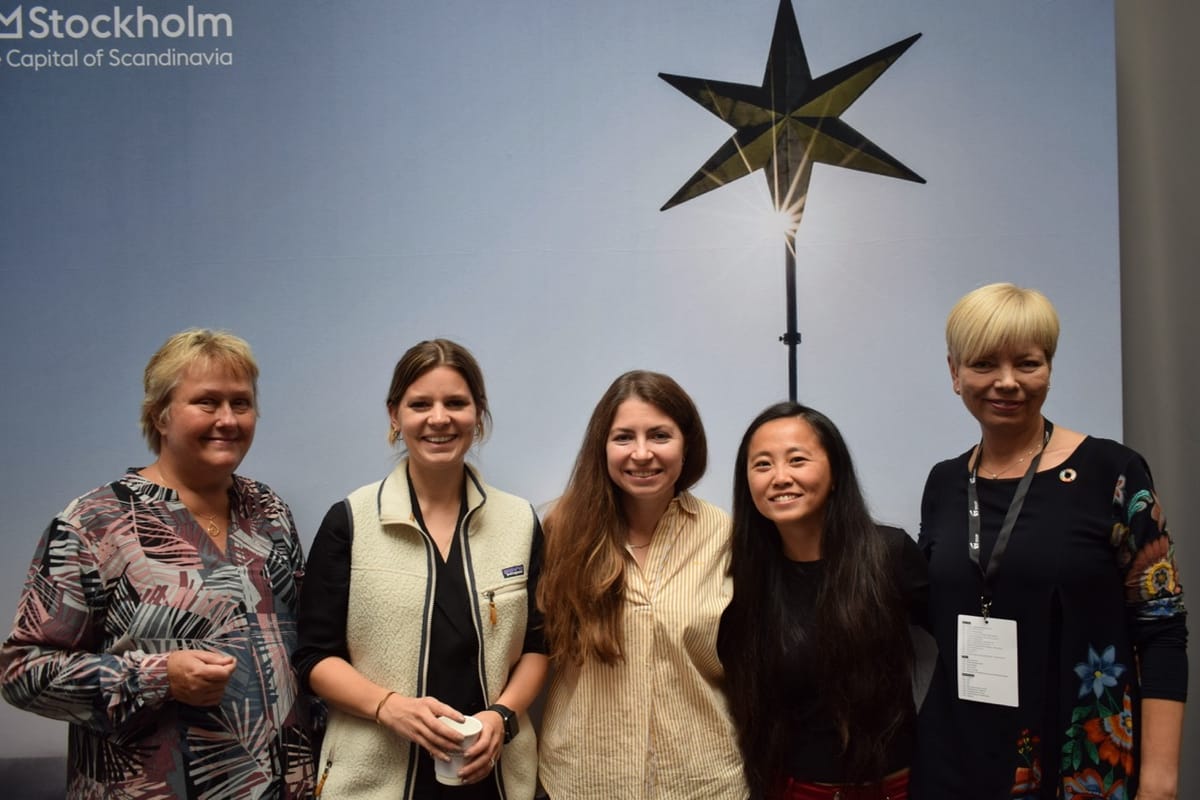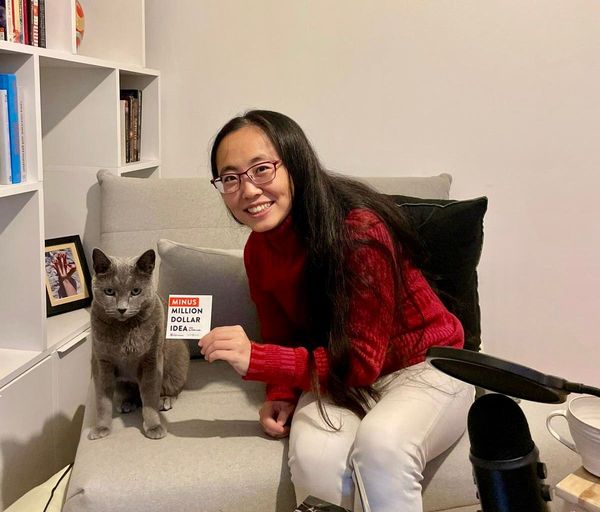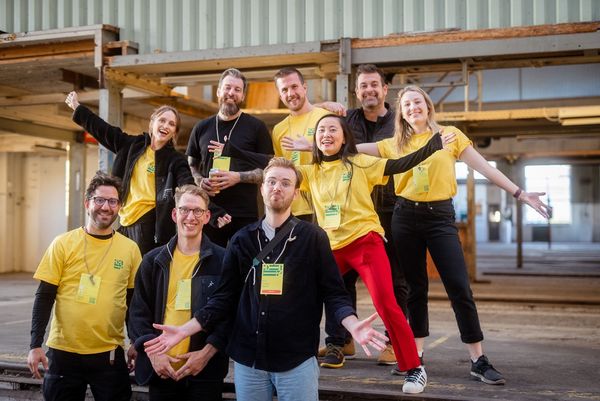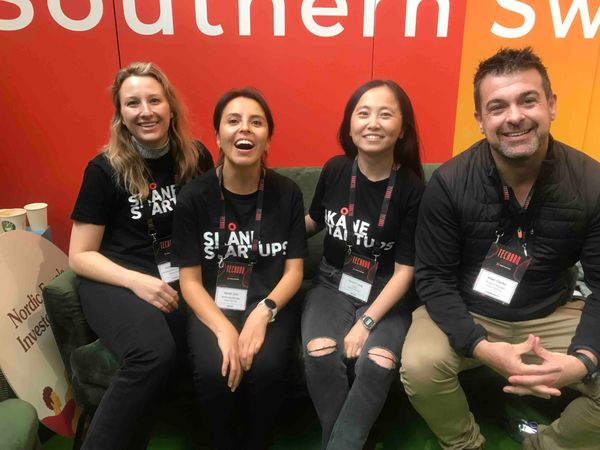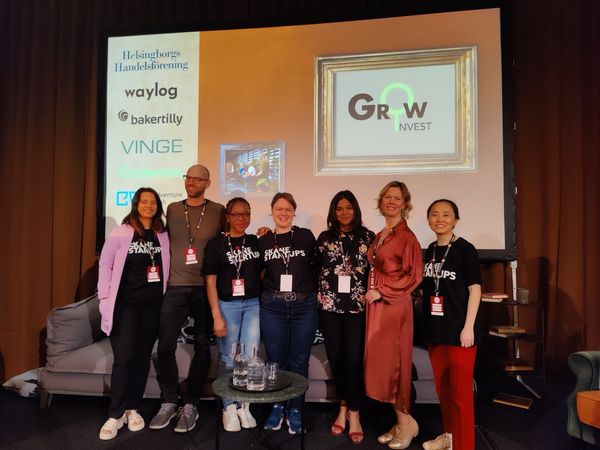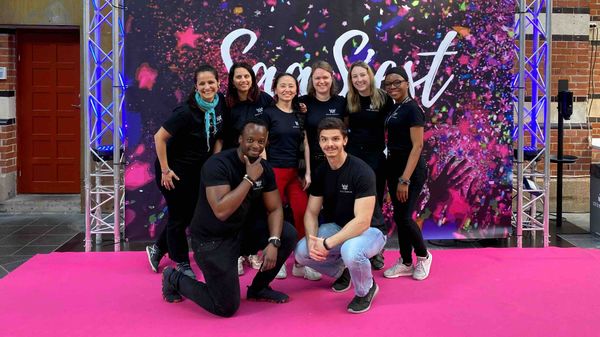Stockholm has one of the most vibrant startup ecosystems in Europe and Stockholm Tech Fest consists of a week of awesome events to meet and learn from entrepreneurs, investors, and ecosystem builders. I spent most of my time meeting with startups and attending workshops on entrepreneurship and fundraising.
But for me, the most exciting part of the tech fest was the Female Hackathon. On Sept 7th and 8th, almost 1000 women gathered together at the Stockholm City Hall to join Europe's largest hackathon for women. There were 12 challenges to choose from, including female health, female finance, empower women to code, and smart cities.
I was excited to join the challenge of addressing the female funding gap organized by Invest in Stockholm. Below you can see the challenge's description:
City of Stockholm // Female Founders in the City of Stockholm Sharing a Common Global Problem
The City of Stockholm is a women’s place. The initiative launched by the City of Stockholm in 2017 has helped us to be internationally recognized as amongst other, a place for gender equality, for equal rights and career opportunities in the workplace. More than a 100 tech companies, including unicorns such as Spotify and Klarna are a part of the initiative. But Stockholm is also a recognized a hub for innovation and entrepreneurship, but being a female founder presents a unique host of challenges in an already fantastic tech ecosystem and environment.
Addressing the female funding gap: In 2016, venture capitalists invested $58.2 billion in companies with all-male founders. Women received just $1.46 billion and we still see that this hasn’t improved since then. And there is a sentiment that female founders are judged, and awarded funds, based on performance, while men are judged on potential. How can we level the playing for female founders so they are given a fair shot at securing funding? How can VC’s do a better job at screening, both in person and on paper, when determining access to and levels of funding. The solutions could be programmatic, policy-driven, and/or involve a technology application.
On September 7th night, all of us pitched our idea in the Stockholm City Hall. Then participants could choose to join the team which they believe to have the best idea. I joined Evelina's team and the next day early morning, our team arrived at Invest In Stockholm's office and started our brainstorming sessions. We also had experienced business professionals and investors, for example, Steven Luna and Naimul Abd, to offer feedback on our idea.
It is a global phenomenon that male entrepreneurs tend to raise more money for their startups than female entrepreneurs. It is said that when a male entrepreneur walks to a VC, he is judged by this future potential, yet a female entrepreneur is judged by her past achievements. "As this report demonstrates, not everyone is given access to that capital: of the 2bn euro of venture capital invested in 2018 in the Nordics, 88% went to all all-male founder teams, 11% to mixed gender teams and 1% to all-female founder teams."
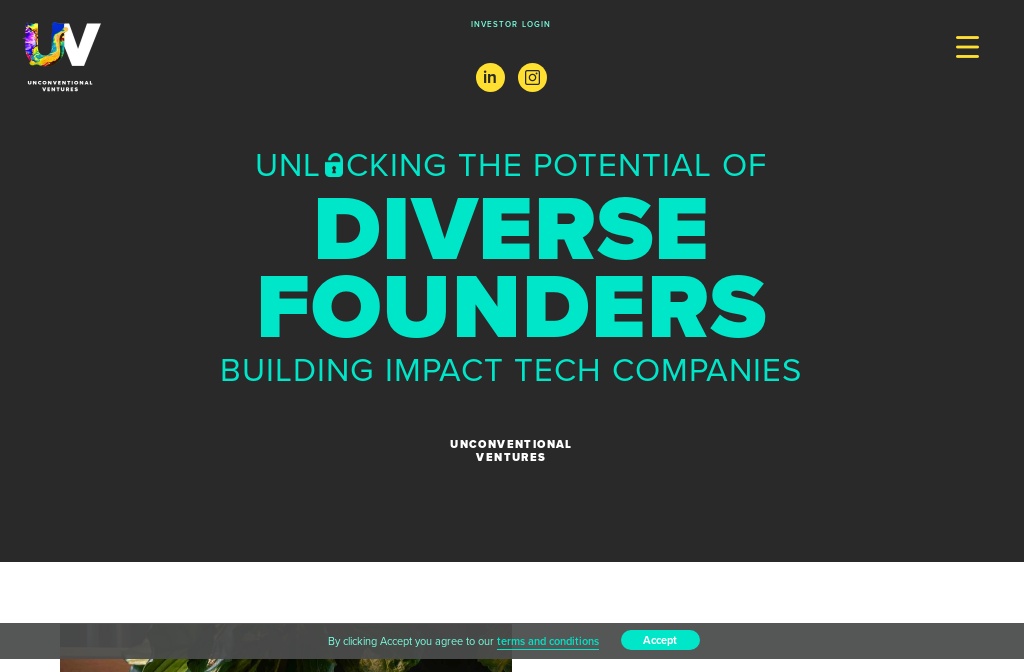
But why and how can we close that gap?
This is where design thinking approach comes in handy, during this 24h hackathon, we first started by researching what female entrepreneurs want, need, and their expectation. Due to the lack of time, we were not able to conduct interviews, develop a prototype and test with potential clients. Otherwise, we could have gathered the interview findings and further develop our problem statement.
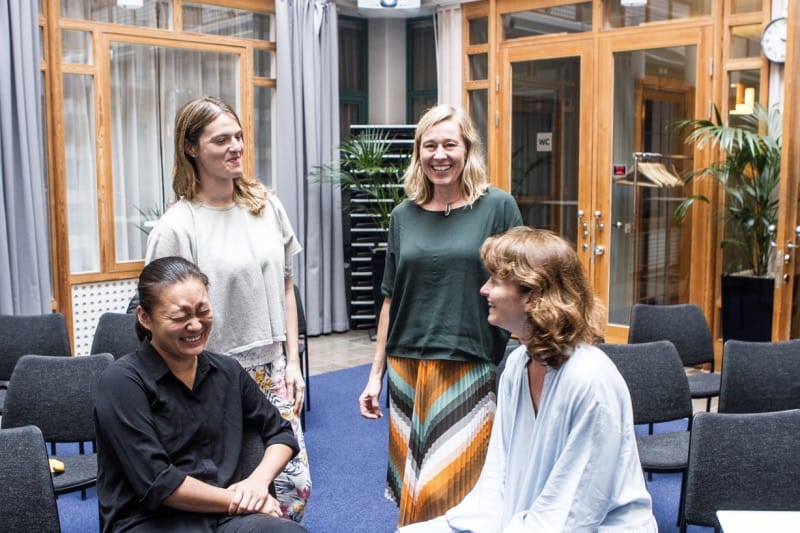
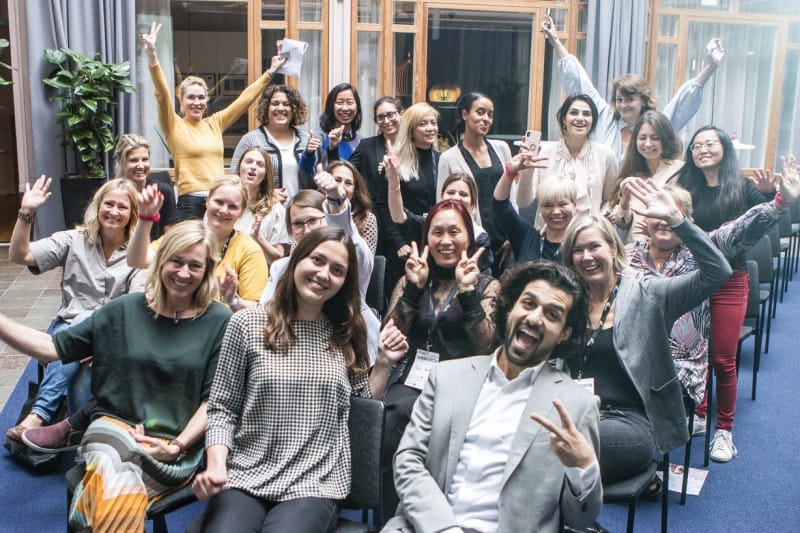
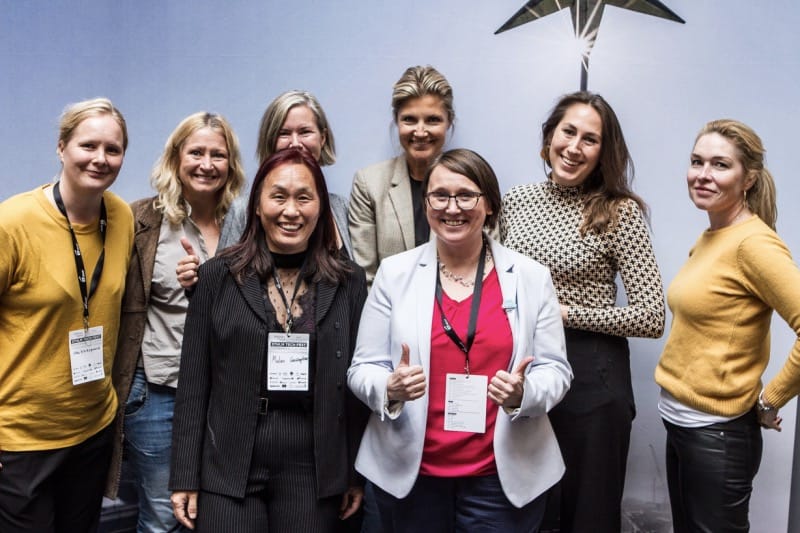
I was glad to join the workshop on Femquity 2019
We assume that one of their pain points is lacking relevant fundraising knowledge. Then our team moved on to the ideation stage and we came up with the idea of starting a Femquity (Female+Equity) challenge/award:
- We will select the most potential startups with a female founding team member.
- We will invite the investors (i.e. Swedish VCs) to mentor them every 3 months.
- We will offer Femquity award to the VC which is most active in supporting the gender gap in the VC industry.
We rushed into the pitching session and we were awarded a second prize! The jury include Charlotte Boij, who has been a CEO within the insurance industry, as well as four years as board member, advisor and investor across industries; Cathy Xiao Chen, Head of Operations at the Impact Hub Sweden; and Elisabet Ålander, Investment Manager of Bonnier Venture, the venture arm of the Bonnier Group.
It was a short but a rewarding experience to work together with people who shared similar interest -help more female entrepreneurs to get access to capital.
